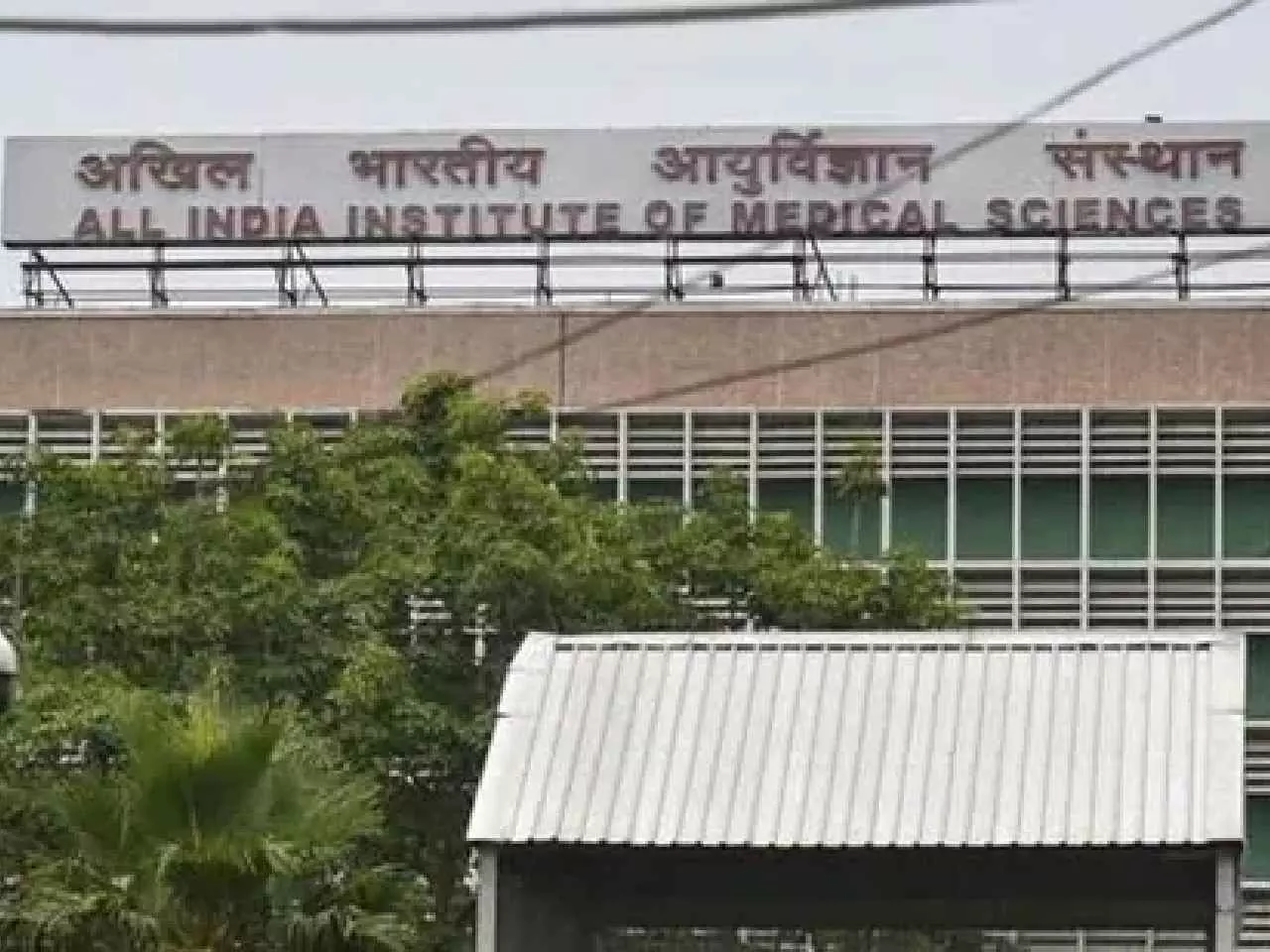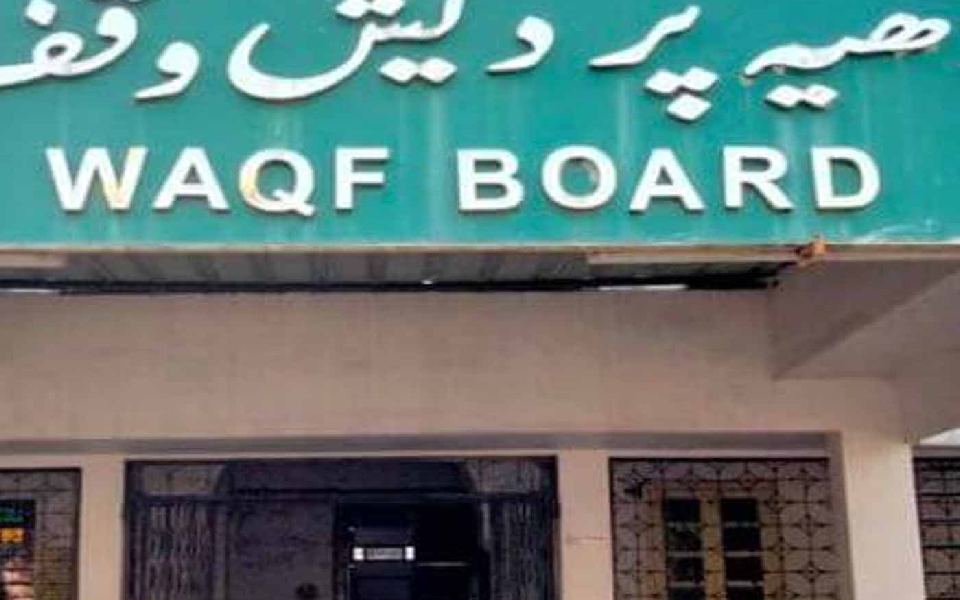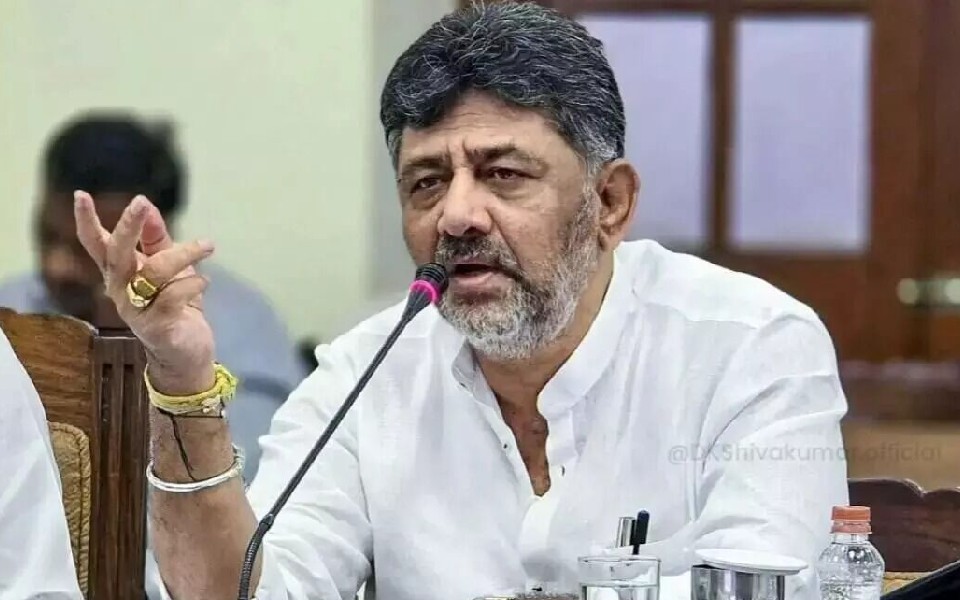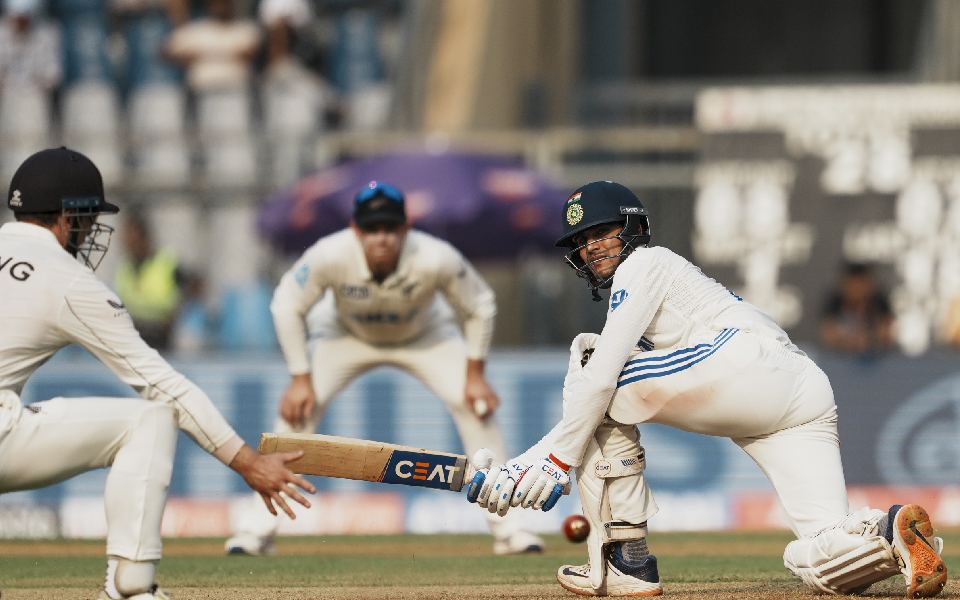New Delhi, Aug 13: A doctor of the AIIMS-Delhi's gynaecology department who provided some eggs from a patient undergoing IVF treatment to two women without her consent in violation of ICMR's guidelines has been let off by the National Medical Commission with a warning almost six years after the incident.
Issuing the warning on July 18, the NMC noted the doctor has contributed immensely to the field of reproductive medicine.
"In spite of the fact that the act in question was done in good faith to benefit the poor patients without accruing any personal gain, it cannot be denied that prevailing guidelines were violated. So, the doctor is warned to be more careful in future," the order read.
The doctor had appealed to the National Medical Commission after the Delhi Medical Council (DMC) in September last year ordered the suspension of her license for one month.
According to the complaint received by the DMC in 2017, 30 eggs were retrieved from the patient on August 12 of that year for an IVF procedure.
Of these, 14 were taken by the doctor from the embryologist and provided those to two patients without the consent of the woman, said Dr Girish Tyagi, the secretary of DMC.
A disciplinary committee of the DMC investigated the complaint.
Following this, the DMC observed that "sharing a patient's eggs/oocytes is not only illegal, as sharing/donation of such nature is prohibited as per the ICMR guidelines, but also unethical, moreover, when no written consent of the donor as well as recipient as per the guidelines have been made available to the Delhi Medical Council."
The AIIMS in its internal enquiry report dated August 30, 2017, also highlighted the lapses committed by the doctor.
It was also complained to the DMC that the doctor was originally appointed to the Department of Reproductive Biology and then transferred to the gynaecology department against the recruitment rules.
According to the document, the doctor claimed before the DMC that since both her patients had multiple failed IVF cycles in the past, she shared the eggs in the best interest and helped the recipients without comprising with the outcome of the patient from whom the eggs were taken.
While confirming the decision of the disciplinary Committee, the DMC observed that in light of the gravity of the lapse committed by the doctor, the punishment of warning awarded by the disciplinary committee "will not serve the interest of justice".
"Hence, the council directs that punishment awarded be enhanced and the name of the doctor be removed from State Medical Register of the Delhi Medical Council for a period of 30 days," the DMC stated in its September 19, 2022, order.
The doctor then appealed to the NMC on October 3 seeking the quashing of the Delhi Medical Council order.
"The committee under the DMC failed to differentiate the bona fide case of egg sharing granted in ICMR guidelines followed at that time with allegations of clandestine stealing of eggs made in the anonymous complaint.
"The complex procedure of egg retrieval, fertilisation and sharing was done by the entire IVF team in consultation with all stakeholders, including the treating physician and was recorded in the lab documents in a transparent manner known to all," the doctor had said in her appeal to the NMC.
The Ethics and Medical Registration Board of the National Medical Council held a meeting on October 18, last year, and accepted the appeal while granting a stay on the DMC order.
Following an enquiry by the board and a hearing on May 24, the NMC let off the doctor with a warning.
Let the Truth be known. If you read VB and like VB, please be a VB Supporter and Help us deliver the Truth to one and all.
Waqf, a pious endowment in Islamic law is rooted in the teachings of Prophet Muhammad (PBUH). A companion Abubakr Siddiq (RA) purchased and assigned the land for construction of mosque of Prophet in Madina. The Quranic revelation “You will not attain unto piety until you spend of that which you love”.
The messenger of Allah said, “when a human being dies his deeds end except for three: ongoing charity, beneficial knowledge or a righteous child who prays for him”. It has encouraged Muslims to dedicate wealth for good cause like Waqf.
Concept of Waqf
The concept of waqf in Muslim law is a permanent dedication of properties for religious, charitable and pious purposes. The word waqf comes from the Arabic word which means to tie up, stoppage or detain. The movable and immovable assets are dedicated unconditionally to divine and must be irrevocable. The donor is called a Waqif the Waqif appoints a Muthavalli or trustee to manage the property. The usufruct of property is utilised for the specific purpose for which it is dedicated or for the benefit of the destitutes. Once an asset is dedicated to the divine it cannot be sold transferred hypothecated or given as a gift.
Auqaf in India
The idea of waqf dates back to the Delhi sultanate when Sultan Muizuddin Sam Ghour dedicated two villages in favour of Jamia Masjid Multan. In Mughal rule there was no centralised management of waqfs. They are managed by individually appointed trustees under the supervision of local Imams. He was accountable to regional khazi. The law of waqf was codified under British rule. “Musalman Waqf Validating Act 1913”, “Musalman Waqf Act 1923” were passed. The “Shariat Application Act 1937” notified that waqf properties comes under Muslim personal law. After independence Waqf Act 1954 was enacted for the entire country except the state of Jammu and Kashmir. Further a comprehensive Act was brought in force in the year 1995. Adjudication of waqf litigations by the waqf Tribunals was introduced. There after it was further amended during 2013 providing representation to women in the waqf board, multi member waqf Tribunals and the alienation of waqf properties is considered as non bailable and cognizable offence with up to 2 years rigorous imprisonment.
Management of Auqaf in Karnataka
During Vijayanagar, Bahamani, Adil Shahi, Tippu and Wodeyar's rule, numerous charities and endowments were made to Hindus and Muslims. The religious endowments of Hindus and Muslims were managed as per the provisions of The Mysuru Muzrai Manual 1934. During 1974 the state government decided to transfer these waqf properties to the waqf Board for their management under Waqf Act 1954.
Abolition of Zamindari System
Consequent to the abolition of Zamindari system Karnataka Inam Abolition Act 1955, Karnataka certain Inams Abolition Act 1977 were passed. Consequent to the 73rd amendment to the constitution Karnataka Land Reforms Act 1974 was enacted. Due to these enactments more than 79,000 acres of notified waqf properties were granted to the Inamdars and tenants out of 1.7 lakh acres in the state.
Waqf is always a Waqf
Honourable supreme court of India in Syed Ali and Others V/S Andhra Pradesh Waqf Board ordered on 18/01/1998 that “Waqf is always a Waqf” and the grant of Patta in favour of Mokhasadar under the Inam Act does not in any matter, nullify the earlier dedication made of the property constituting the same as waqf.
The Karnataka State Board of Auqaf sought clarification from the state government regarding applicability of Karnataka Religious and Charitable Inam Act, Karnataka Certain Inams Abolition Act 1977 and Karnataka Land Reforms Act 1974 to the waqf properties in view of the aforesaid Supreme Court judgement. The then Secretary to government Minority Welfare Department in his letter dated 27/07/2017 sought the opinion of the Law Justice and Human Rights Department. The said department clarified that the properties which the State Government claims to have vested in the government by virtue of Inam Abolition Laws or Land Reforms Act have no juridical significance. In view of the interpretation of waqf made by Honourable Supreme Court of India in its judgement reported in AIR1998 SC 972, Law department is of the opinion that once a property held to be Waqf property, in such an event there is no scope for application of either Inam abolition Laws or land reforms Act.
The State Government in its letter no MWD118WES2017 dated 19/12/2017 directed the Karnataka State Board of Auqaf to recover the Waqf lands acquired by individuals as well as the groups and to take legal action as per the provisions of the waqf Act 1995 (Amendment) Act 2013. The Board requested the Regional Commissioners and Deputy Commissioners in the State to restore the waqf properties affected under The Inams and Land Reforms Laws. Accordingly, the Tahsildars initiated to issue notices to such grantees and noted as “Waqf Property” in the record of rights of such properties. Many of such grantees have assailed the mutations effected by the Tahsildars. The Honourable High Court of Karnataka has issued directions to the Tahsildars to issue notices, hear them and then take the decision.
Now the state government has decided not to issue any notices which is obviously against the decision of Honourable Supreme Court of India and the clarification issued by the Law Department. Lest there is serious social, political and legal implications inherent in the implementation of orders of Honourable Supreme Court. Since 1995 to date the Inamdars and tenants have sold the properties, some of the lands are converted to non-agricultural purposes, residential lay outs have come up and commercial buildings are in use. The state government has to ponder over the issue with legal luminaries, Waqf Board authorities, senior bureaucrats and social scientists and come out with an acceptable solution in the interest of lasting peace in the society.
This article is written by Mujibullah Zaffari, Former Chief Executive Officer, Karnataka State Waqf Board.





